Director: Ding Sheng
Cast: Wang Kai, Ma Tian-Yu, Darren Wang Ta-Lu, Yu Ai-Lei, Lam Suet, Wu Yue, Vivien Li Meng, Zhang Yi-Shang, Jiang Pei-Yao, Mario Li Mincheng, Ning Hao
Running Time: 140 min.
By Paul Bramhall
If you ask any fan of Hong Kong cinema what their opinion is on remaking the 1986 John Woo classic, A Better Tomorrow, then the likely answer will be that it’s a bad idea. Woo’s seminal classic, popularly considered to be the title that kicked off the Heroic Bloodshed genre, was itself a remake of the 1967 melodrama Story of a Discharged Prisoner. However more so than the plot, what most remember A Better Tomorrow for is how Woo’s trademark style and balletic violence came to the fore for the first time. That didn’t stop Korea from trying though, and in 2010 director Song Hae-seong had a stab at a remake, which was met with a justifiably lacklustre reception.
In a logical world, Hae-seong’s misfire should have been enough to scare off anyone else attempting to remake A Better Tomorrow, but as Wu Jing has been telling us in his Wolf Warrior franchise, nobody tells China what to do. So it is, 2018 brings us a Mainland remake. The announcement was greeted by understandable scepticism from most, after all, making a Heroic Bloodshed movie under Mainland restrictions is a bit like expecting a steak in a vegan restaurant. For myself at least, when the announcement came that the remake was going to be helmed by Ding Sheng, I actually felt a glimmer of hope.
Sheng is an interesting director, with his 2015 crime thriller Saving Mr. Wu, being a stellar example of the genre. He’s also one of the few directors giving Jackie Chan a platform to act his age, with Little Big Soldier, Police Story 2013 (an early indicator of his penchant for adding the year of production to his titles), and Railroad Tigers being some of the best work the aging star has put out in the last 10 years. So in short, if any Mainland director could make a A Better Tomorrow remake work, my money would be on Sheng.
A Better Tomorrow 2018 takes a leaf out of Hae-seong’s remake (which took place in Busan) and also transfers proceedings to a bustling port city, this time to the wind battered shipyards of Sheng’s hometown Qingdao, in Shandong Province. It’s an aesthetically pleasing decision, with the Old Town area and its German architecture giving the latest incarnation a unique feel, complimented by frequent visits to the bright lights of Tokyo (which, much like Woo’s own recent Manhunt, allows for the Japanese to be the drug kingpins). Beyond the new setting though, A Better Tomorrow 2018 is an unfortunate train wreck, not only realising the worst fears of those who felt concerned about a Mainland remake, but frequently surpassing them.
Here the iconic gangster duo of Ti Lung and Chow Yun Fat are replaced by Railroad Tiger co-stars Wang Kai and Darren Wang, with Ma Tian-Yu barely registering in Leslie Cheung’s role as Kai’s cop brother. The plot is transferred largely intact, with Kai and Tian-Yu on opposite sides of the law while still sharing a mutual respect, until Kai’s actions lead to their dementia ridden father being murdered. Kai ends up in prison, while Wang seeks to get revenge on those responsible, and ends up a cripple. Upon his release, Tian-Yu wants nothing more to do with Kai, despite his insistence that he’s going straight. However when the gangster (Yu Ai-Lei, in the role Waise Lee originally played) who double crossed them re-enters the scene, now a celebrated mob boss, all three of our protagonists find themselves on a collision course with the past.
It could be argued that by sticking so closely to John Woo’s original, Sheng’s remake sticks out even more as a watered-down version of its source material (at least the Korean take put its own spin on the plot), but this is the least of its problems. Sheng ruthlessly insists on hammering our ears with A Better Tomorrow nostalgia at every opportunity, with Leslie Cheung’s famous theme song being overplayed to the point of absurdity. Depending on the scene, we get an electric guitar rendition of it, in another an acoustic version, then a lounge version, did I mention there’s also an orchestral version? When characters turn on the radio its playing, a scene on the street has buskers singing it, and the vinyl LP of it even makes an appearance. I was half expecting a scene to open with a beatbox version.
The self-referential winks reach a crescendo when, in the same bar that the LP shows up, Wang asks a customer why he’s chewing on a toothpick, to which the customer points at a framed picture of Chow Yun Fat from the original. It’s a face palm moment (and means Ti Lung is the only one of the original trio whose image doesn’t show up in the remake), although I admit it has some stiff competition from Masaharu Fukuyama’s line in Manhunt, when he declares “It’s almost time for a better tomorrow”. At least in Woo’s latest though his themes remain intact, whereas in A Better Tomorrow 2018 the constant references to brotherhood and loyalty seem forced and awkward, as if they’ve been shoehorned in out of obligation rather than being a natural part of the script.
In fact everything about A Better Tomorrow 2018 feels oddly tensionless. Characters suddenly point guns at each other seemingly to match a musical cue, and a scene which has Kai dare a yakuza to stick a toothpick in his eye was so overdramatically done it drew a laugh. When we’re not listening to a Leslie Cheung-variation, moments of supposed tension are introduced via inappropriately bass heavy electric guitar strumming, which became increasingly comical the more it happened. However the biggest crime that Sheng commits is the complete lack of commitment on display in the action scenes. They’re not only pedestrian, but put bluntly are plain bad in their lack of competent execution and excitement.
Like in Saving Mr. Wu, handheld cameras are utilized for the action, however unlike the documentary style approach of his best work, here the technique betrays the bombast of the story, and instead of adding to the realism such shots only serve to look cheap and digital. In particular, a boat chase early on involving the Chinese coast guard is so amateurish in its execution it feels embarrassing (where are the guys from Operation Red Sea when you need them?). The iconic revenge shootout doesn’t fare much better, which is surprisingly bloodless, and stupidly interrupted by an earthquake. The restrictions on screen violence hurt the worst here (no pun intended), as the constant cutaways, which only allow us to see the aftermath of a gunshot, almost make it feel like a montage rather than a chronologically flowing action scene.
I don’t like including spoilers in my reviews, so I’ll resist any mention of the finale, other than to say it contains a car chase through a CGI warehouse (it has to be seen to be believed), and Tian-Yu calling the police in the middle of the “shoot-out”. I wish I had something better to say about A Better Tomorrow 2018, but the whole thing feels so poorly judged that it’s difficult to do so. I do respect the fact that instead of trying to recreate Chow Yun Fat’s suave gangster, we get a character completely the opposite in Wang’s Taiwanese street punk, but his constant singing in every scene quickly overrode any goodwill. That summarises A Better Tomorrow 2018 quite well, in that whenever it threatens to become enjoyable, another annoyance will come along and quickly put paid to any glimmer of hope.
In one scene Kai and Tian-Yu’s father is talking to them from his hospital bed, but because of his dementia he mistakes them for his doctors rather than his sons, and begins to mumble about how he only wishes he could meet them to say sorry for the past. Instead of getting a lump in my throat though, it made me wish there was a way I could mistake A Better Tomorrow 2018 for a good movie, but by that point even a beatbox version of Leslie Cheung’s theme wouldn’t have helped. Featuring an abundance of seagull footage, a cameo by Eric Tsang even more worthless than his one in Kung Fu Yoga, and a bizarre closing scene dedication, if anything, sometimes its best if tomorrow never comes.
Paul Bramhall’s Rating: 2/10


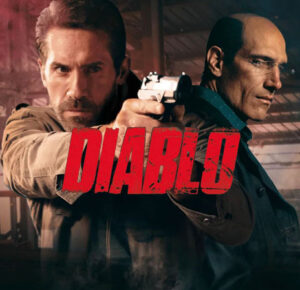
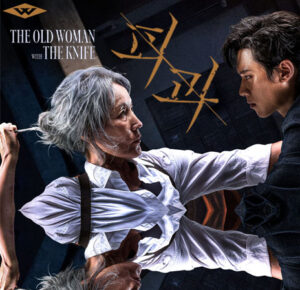


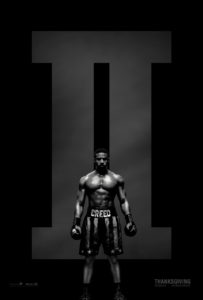




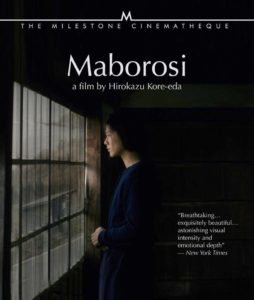
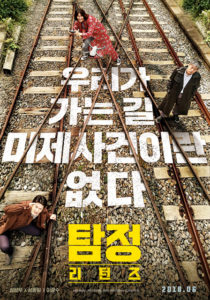
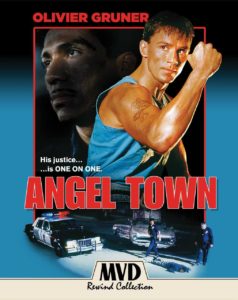
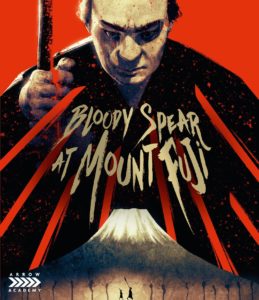

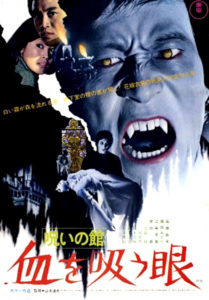
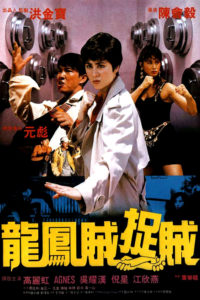

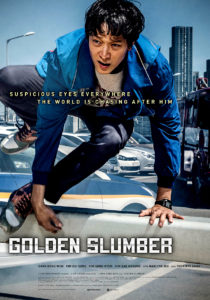


17 Comments